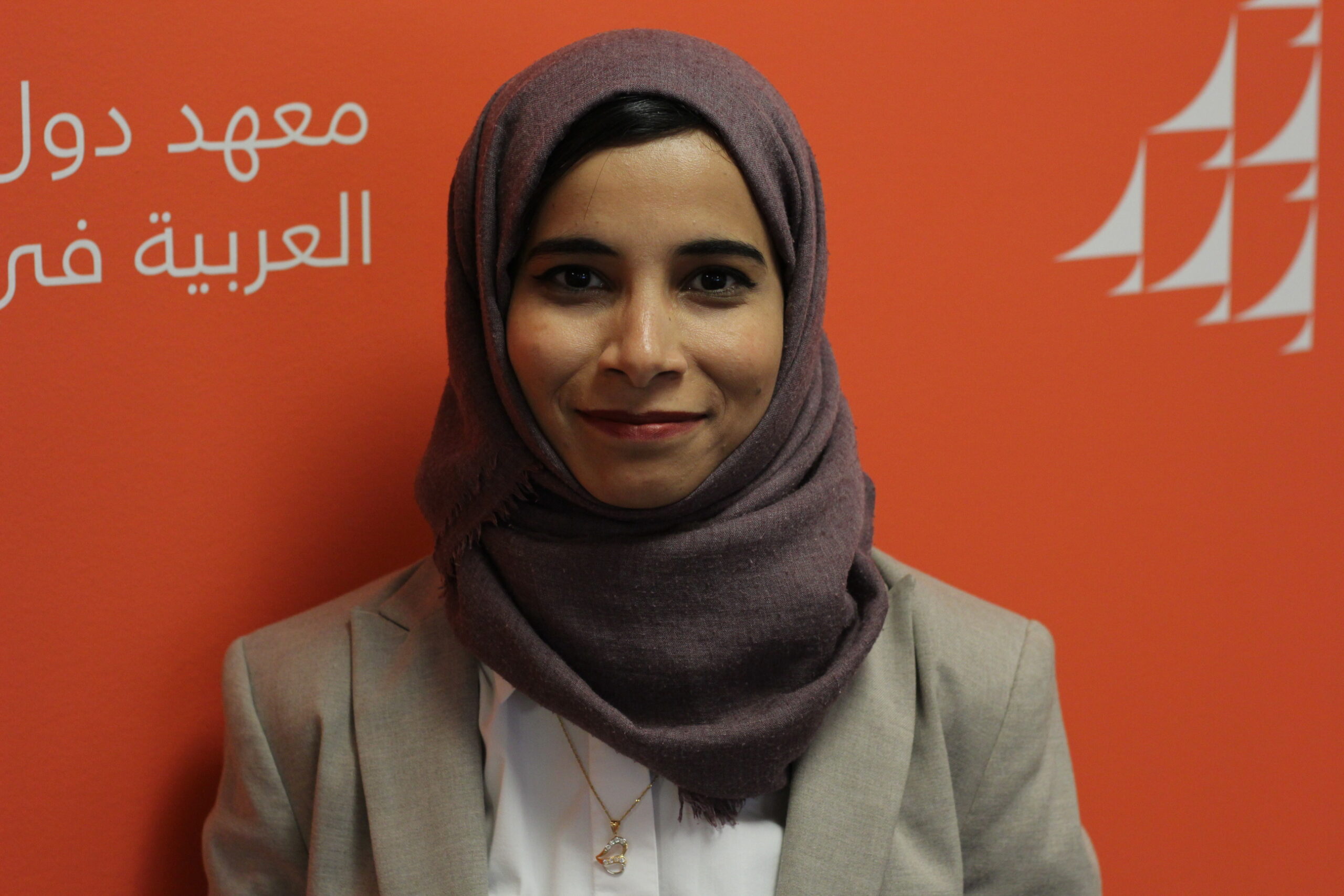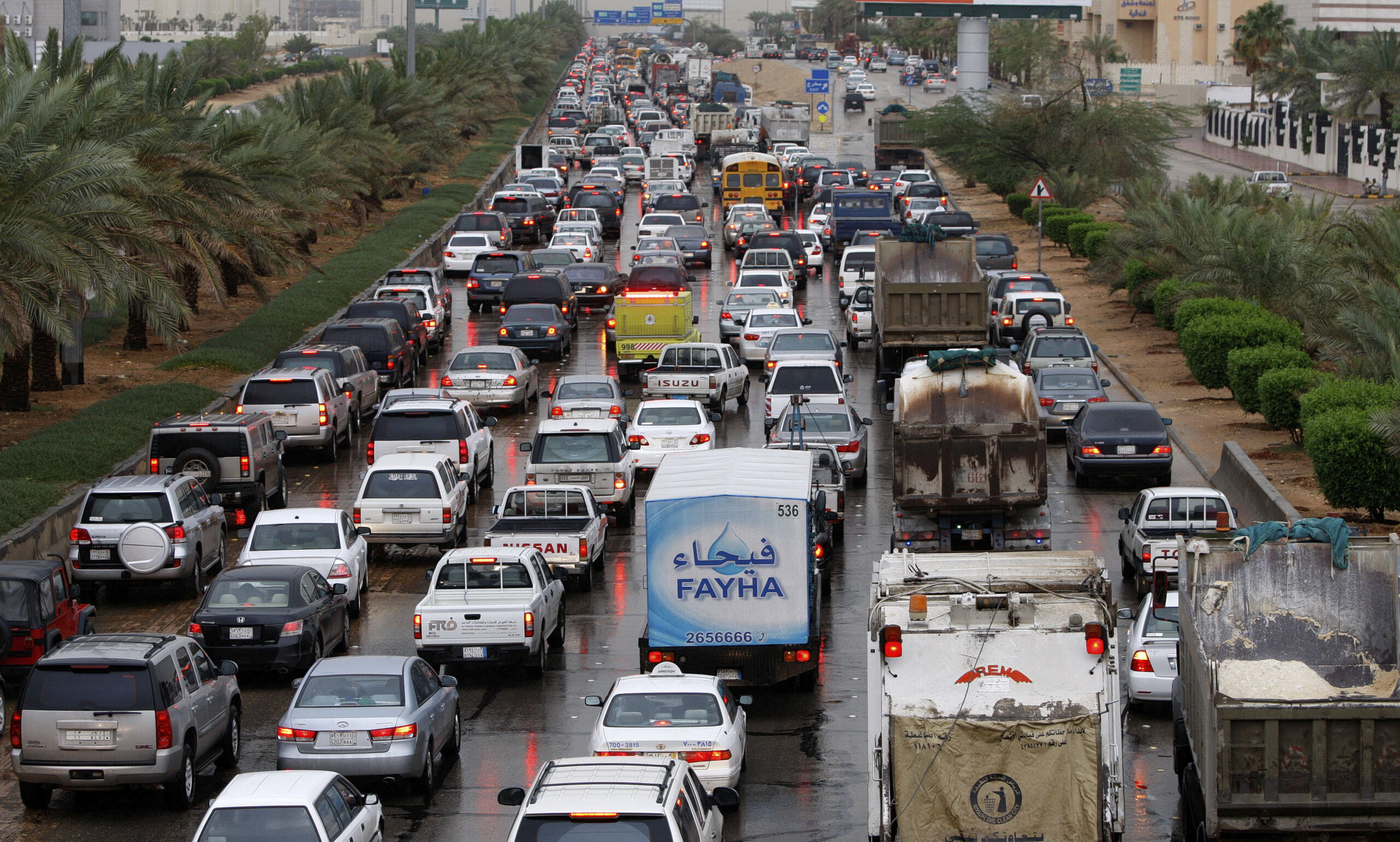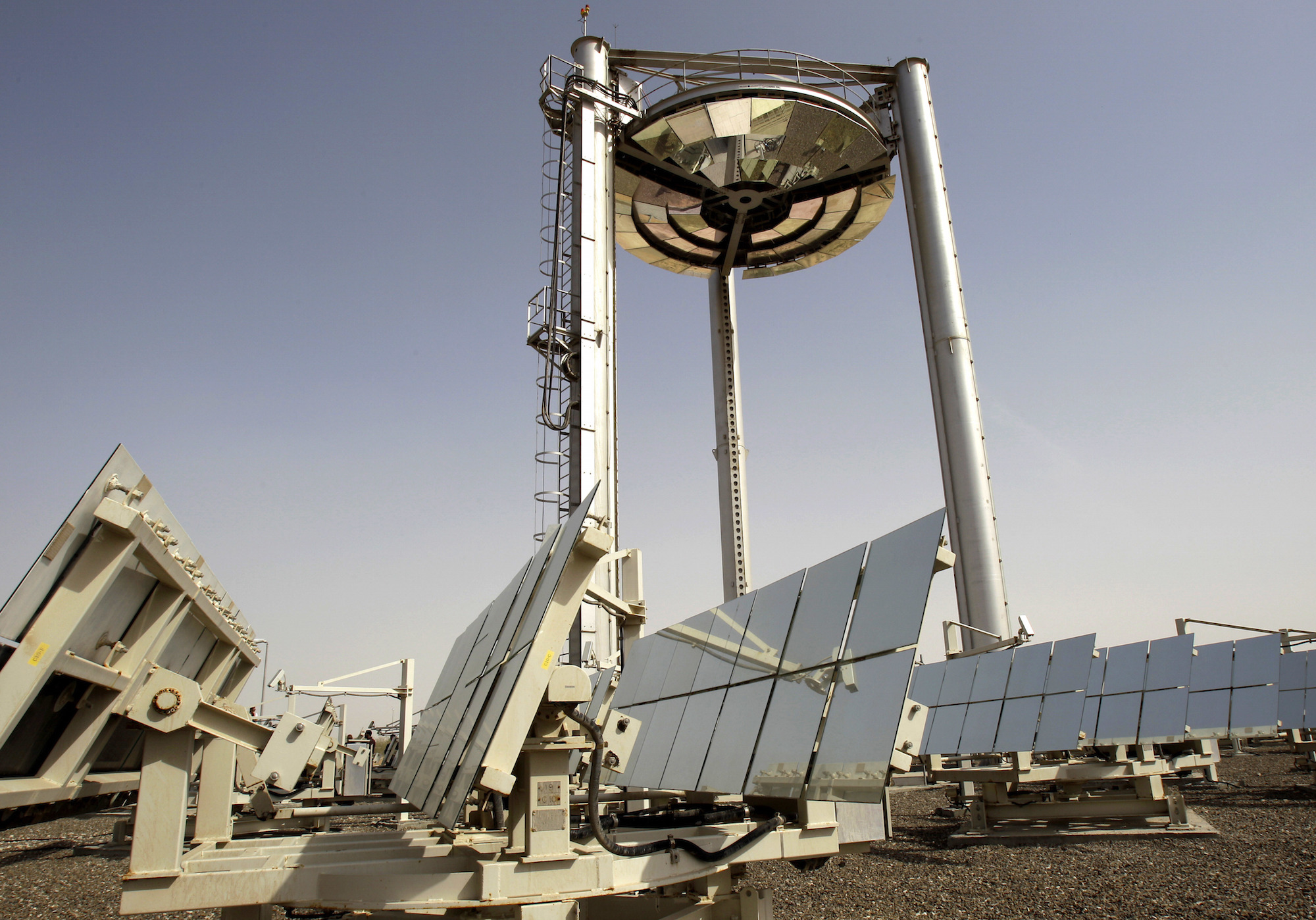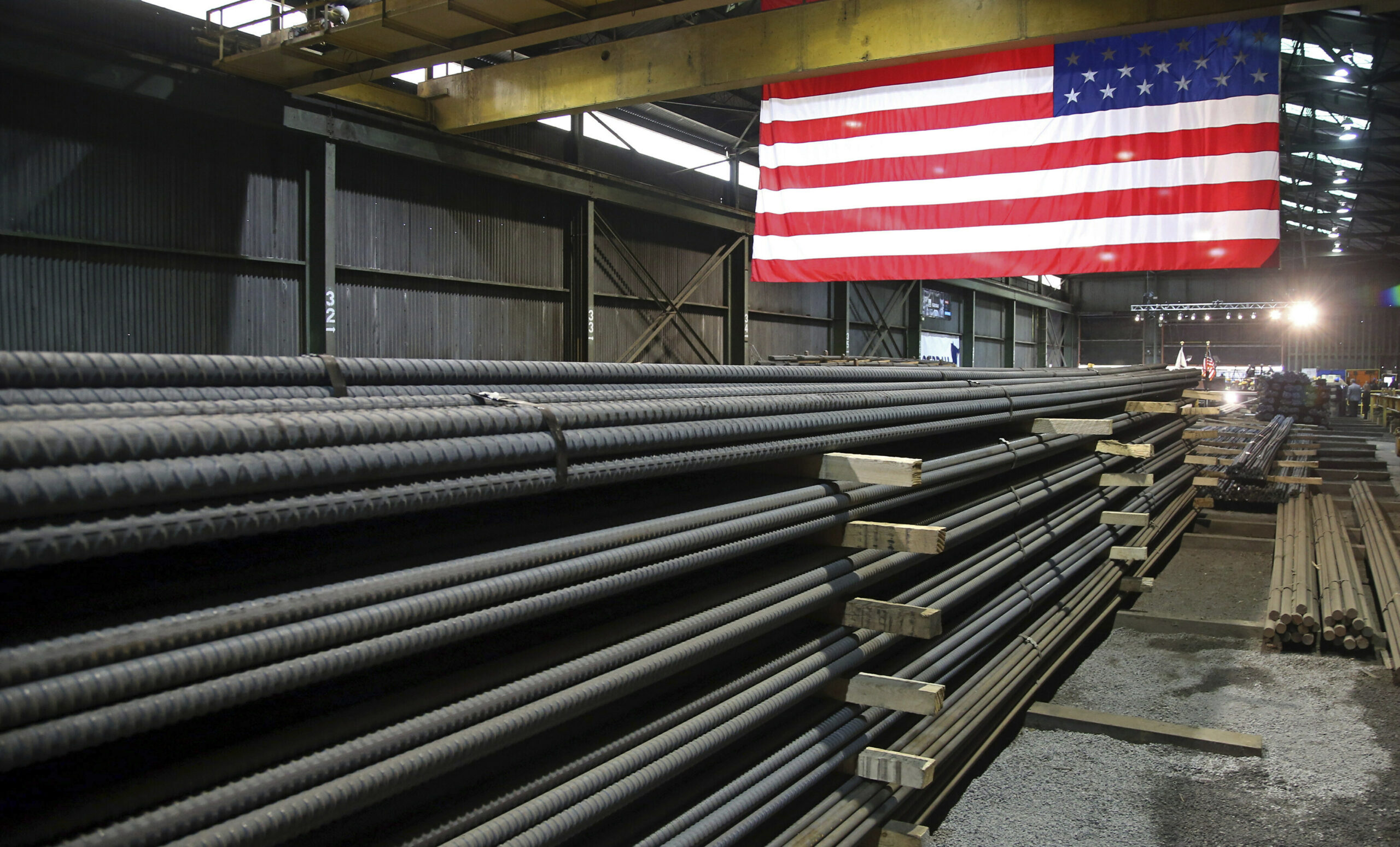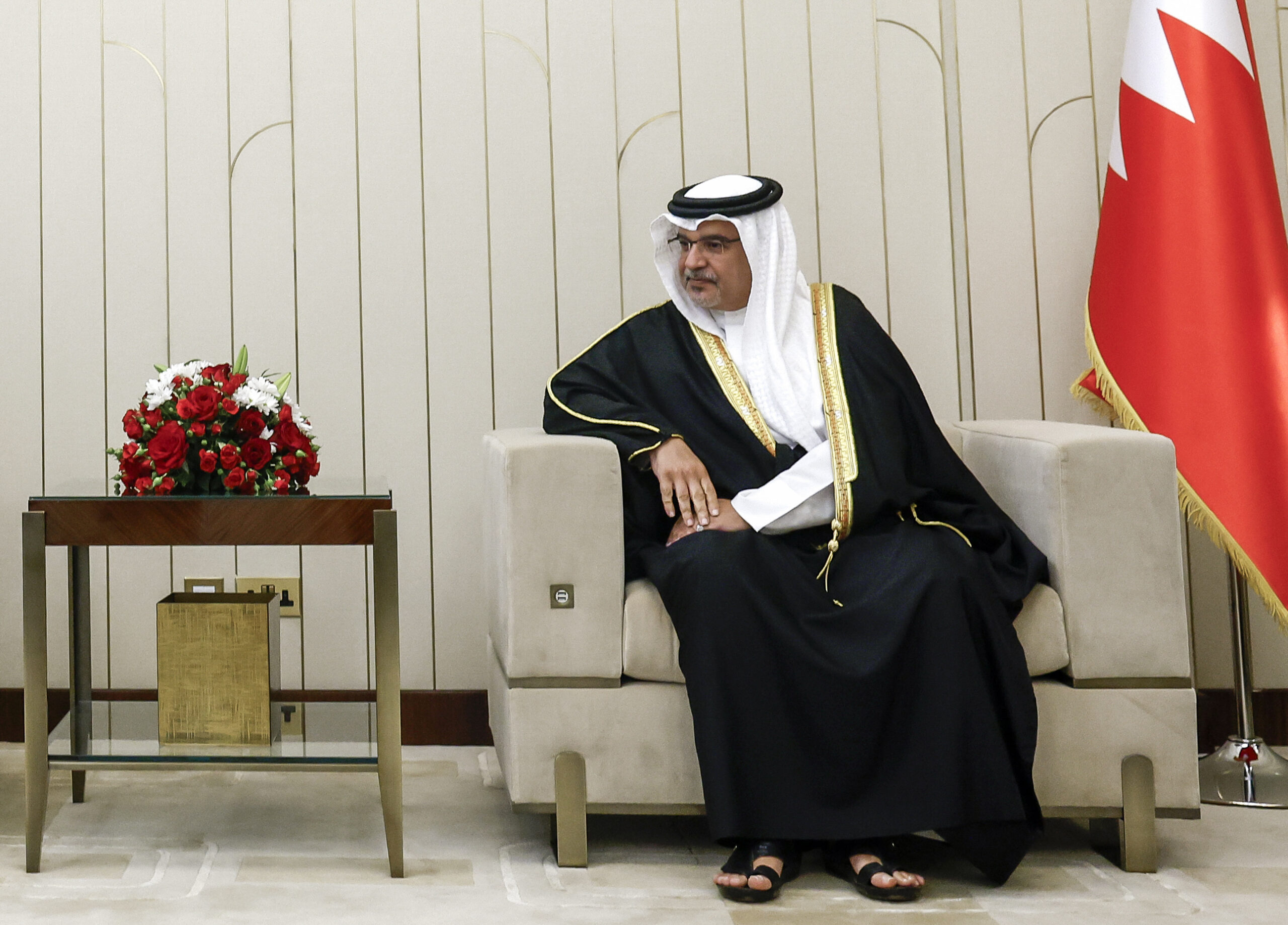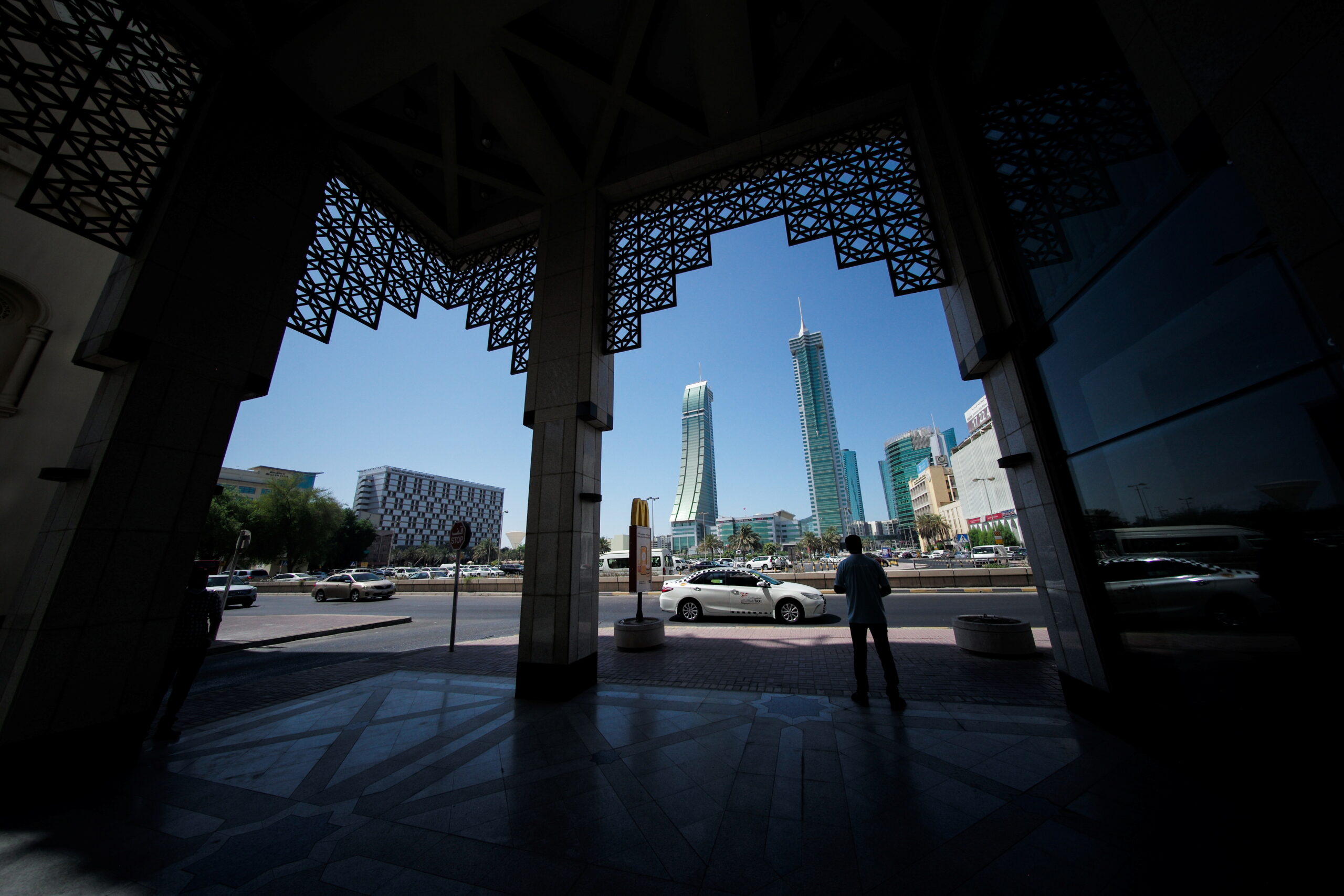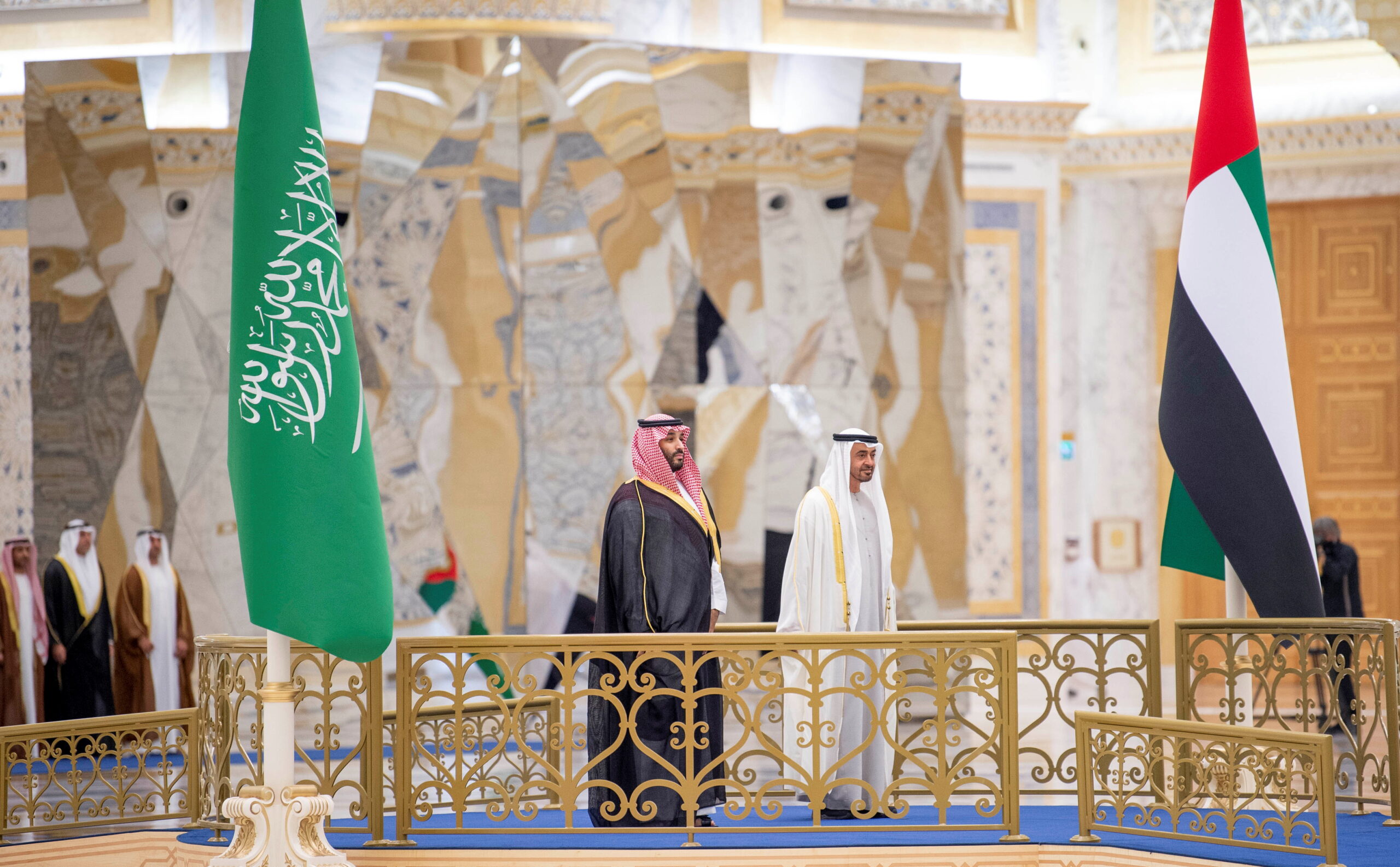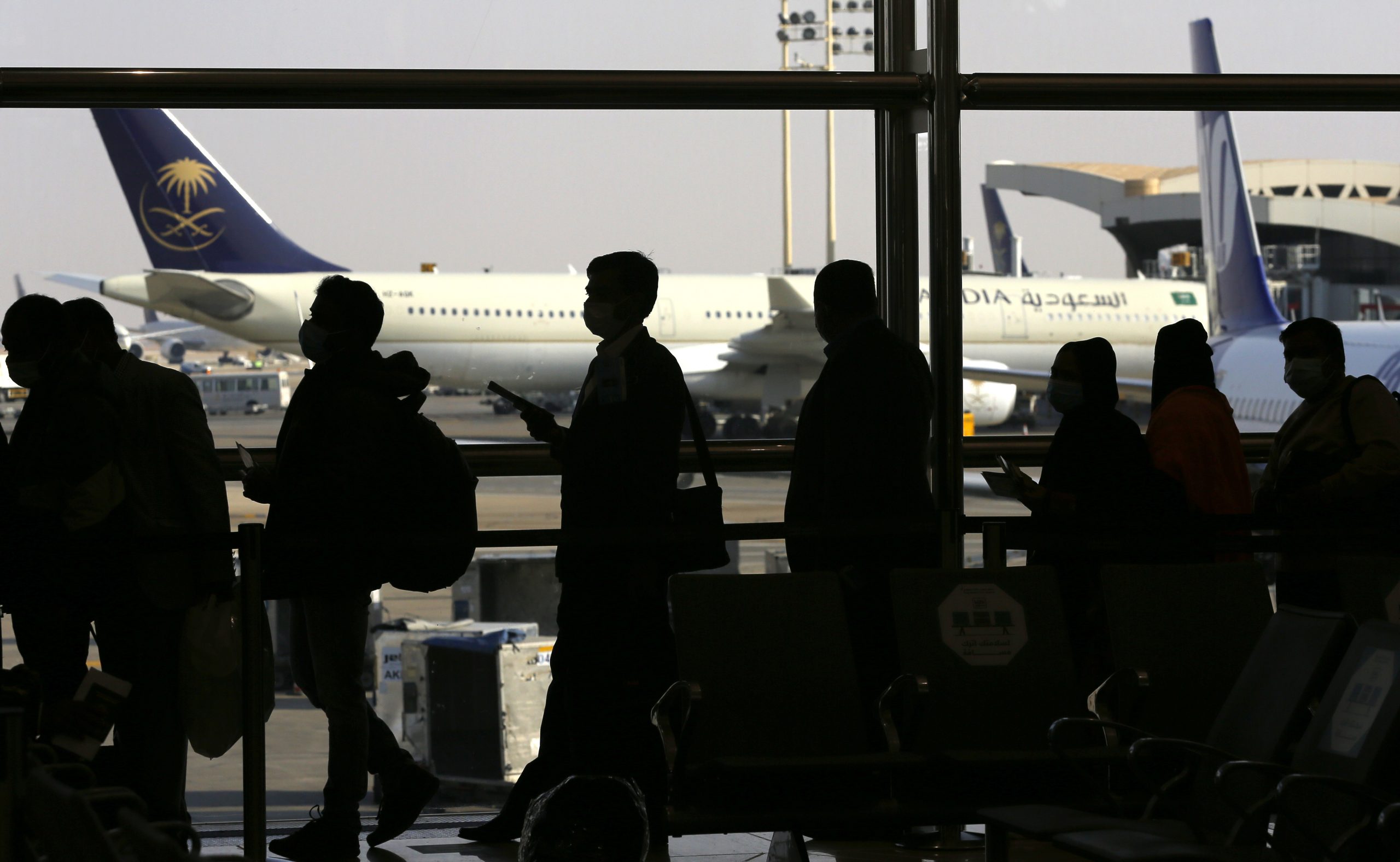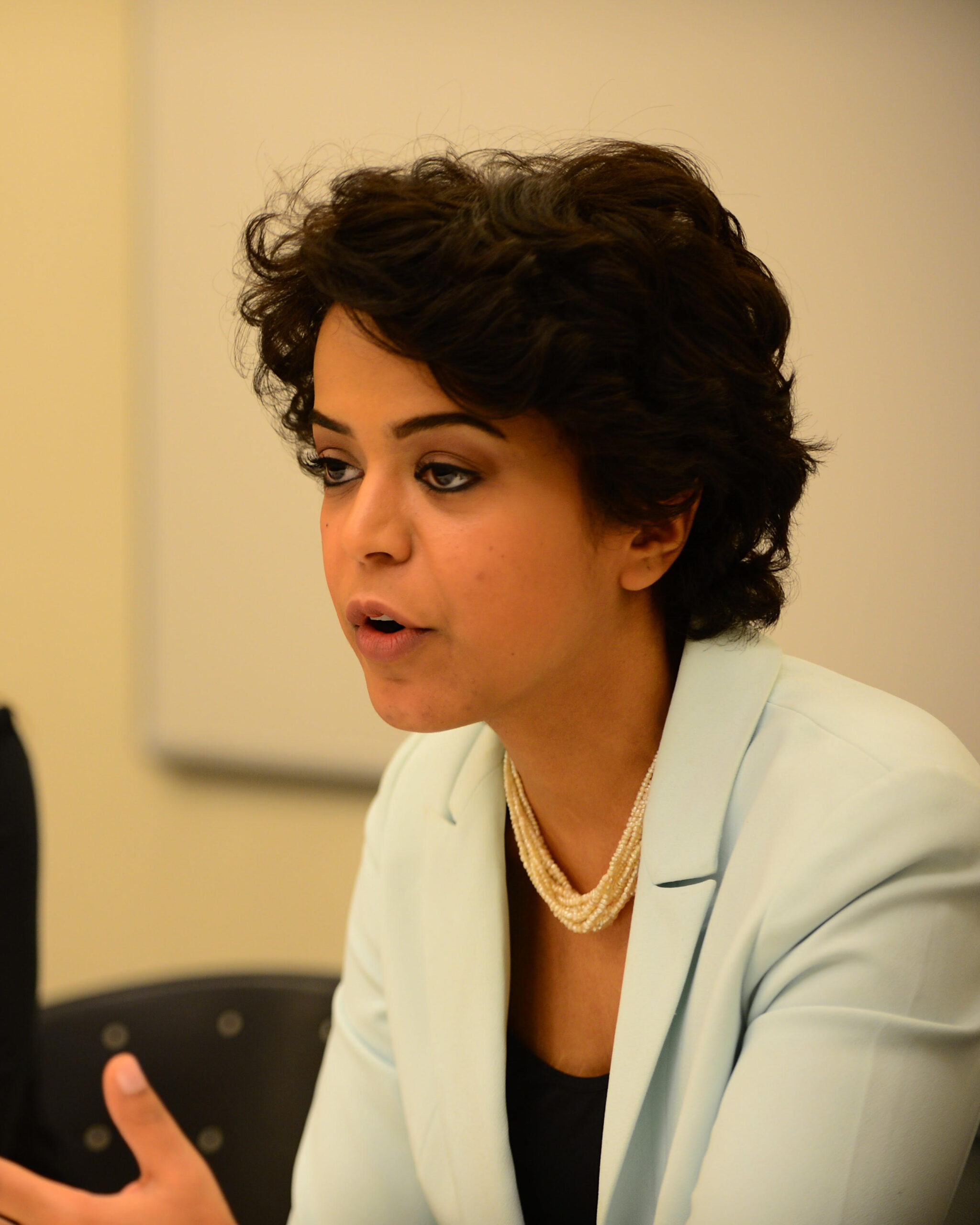Civil Nuclear Energy in the Middle East: Demand, Parity, and Risk
Highlighting the United Arab Emirates, Saudi Arabia, and Egypt, this paper studies the security policy implications of civil nuclear programs and assesses the prospects for indigenous nuclear industries and relationships with international suppliers.
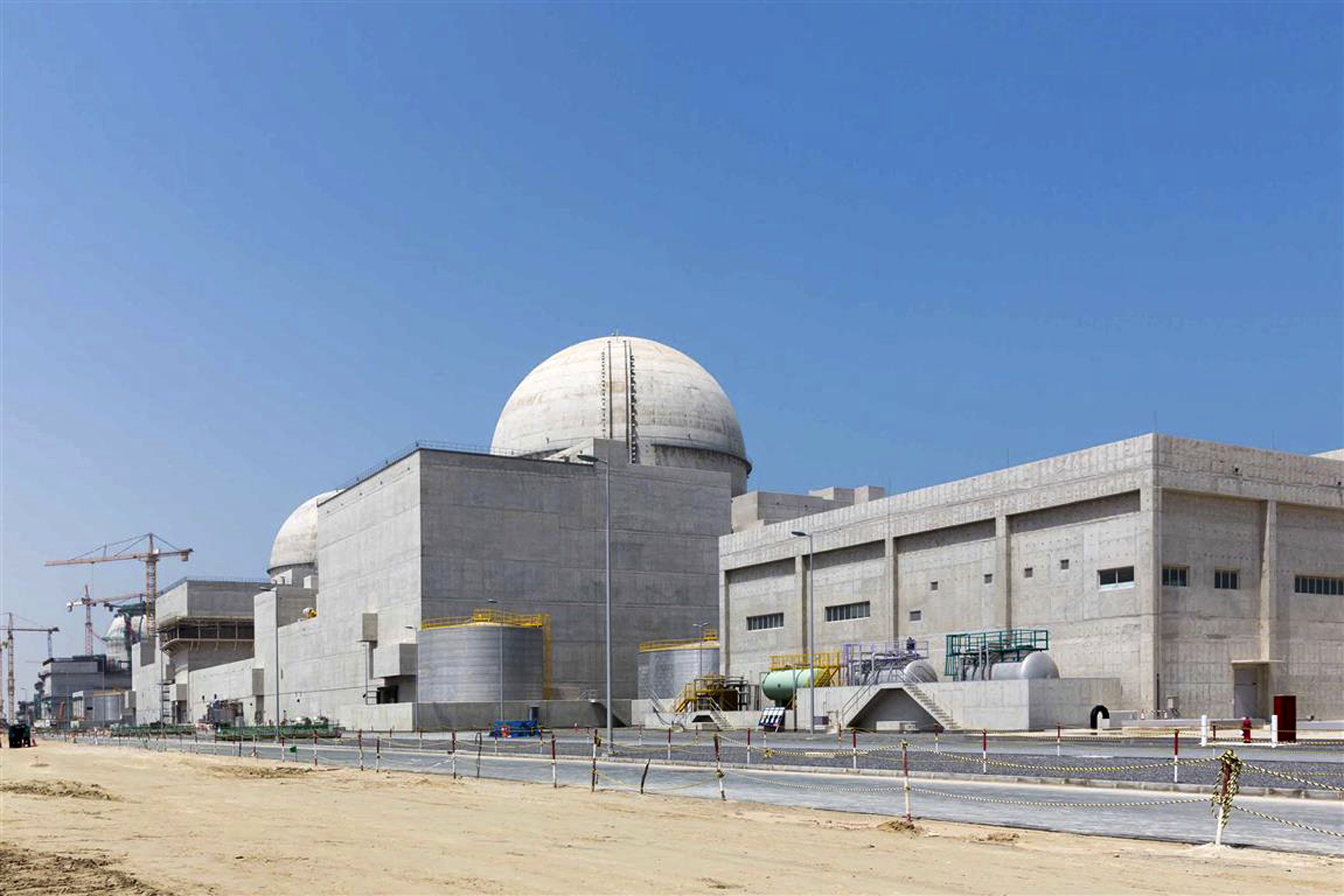
Executive Summary
Civil nuclear programs look set to become a feature of the energy landscape in the Middle East as states seek to balance growing domestic energy demands with a diversification away from fossil fuels. This paper studies the security policy implications of more civil nuclear installations being built and operated in the region and assesses the prospects for indigenous nuclear industries and relationships with international suppliers, with specific reference to the United Arab Emirates, Saudi Arabia, and Egypt. It concludes with recommendations aimed at enhancing international nonproliferation norms and controlling safety and security risks. The paper draws on dependency theory and realist assumptions, such as threat perception and alliance choices.
The views represented herein are the author's or speaker's own and do not necessarily reflect the views of AGSI, its staff, or its board of directors.

